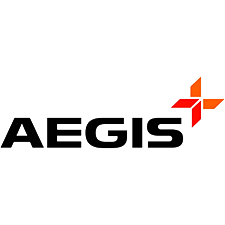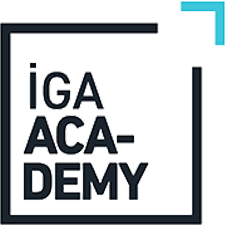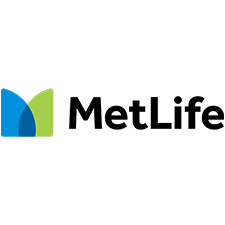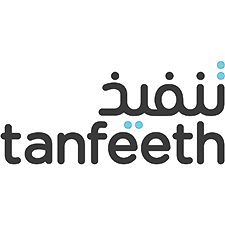
Language testing and certification you can trust
Hire the best talent for your workforce with Versant by Pearson’s range of flexible language testing solutions.
Whichever solution you choose for your organization, Versant by Pearson guarantees you will receive English proficiency scores you can trust and tap into talent who will thrive.
- Get fast, secure and accurate candidate scores
- Available anytime, anywhere
- 3 million tests delivered each year
- Remote monitoring capability integrated into ScoreKeeper, making assigning, viewing and monitoring tests even simpler

Efficient test solutions to help companies grow
Brands that trust Pearson




















“Versant [by Pearson] proves to be an invaluable tool for assessing English communication skills, even for remote candidates. It offers secure administration and quick online access to results, ensuring an efficient and streamlined recruitment process."
Rinna Dizon, Senior Recruitment Manager, iQor
“Smart Axiata has relied on Versant [by Pearson] tests for years in recruitment, training and development, simplifying the validation of English skills for new candidates and employee improvement. The true value of Versant lies in its assessment of all 4 language skills, establishing a clear English standard.”
Samol Lyeng, Senior Competence Development Specialist, Smart Axiata

